Thomas Jefferson, one of the most famous of our Founding Fathers, who thought that his writing desk should be an American sacramental, and whose visage remains forever chiseled on our famous Mount Rushmore–this man, the third president of the United States, knew that he and his fellow revolutionaries were not creating something eternal.
It is true that Thomas Jefferson envisioned “an empire of liberty,” and he later foresaw this empire spreading across the entire continent. His friend and political opponent, second U.S. president John Adams, also contemplated a national government stretching from the Atlantic to the Pacific Ocean, a territory too large to be governed in the same manner as a single colony. And later, Adams’ son, John Quincy Adams, took his father’s ideas to the next level. In an 1811 letter to his father, John Q. Adams wrote to his father:
The whole continent of North America appears to be destined by Divine Providence to be peopled by one nation, speaking one language, professing one general system of religious and political principles, and accustomed to one general tenor of social usages and customs. For the common happiness of them all, for their peace and prosperity, I believe it is indispensable that they should be associated in one federal Union.
The dream of continentalism became a reality, America claimed her “manifest destiny,” and she spread her tendrils from sea to shining sea. However, that being said, the United States was not destined to last. Benjamin Franklin thought it dubious that the new nation would be able to maintain itself, famously stating that you’ve got “a republic, if you can keep it.” But often overlooked is the fact that Thomas Jefferson did not even think the United States would last a single millennium. At most, he considered the lifespan of this country to only number in the centuries:
I think that our governments will remain virtuous for many centuries; as long as they are chiefly agricultural: and this will be as long as there are vacant lands in any part of America. When they get piled upon one another as in the large cities of Europe, they will become corrupt as in Europe.
Jefferson despised the urban hustle and bustle of European cities. He envisioned the United States as an agrarian paradise, ruled by an aristocracy, and tranquil until is final calamitous days, when enough land became populated, and America would form her own version of European cities.
We cannot fault Jefferson for not foreseeing the power and might that resulted from our geographical isolation and our vast supply of natural resources. Americans have inherited a tremendous amount of natural wealth. Today, the governments of the states are not regarded as individual countries, as Jefferson saw them. Rather, the states are merely smaller units in a grand empire that delivers fire and terror to whatever corner of the globe suits the whims of American oligarchy.
Jefferson complained that “the mobs of great cities” in Europe were “piled upon one another.” So, what would Jefferson have thought if he were to tour modern day New York City, what with its cornucopia of skyscrapers and the conundrum of subway tunnels? How long would it take for him to lose his mind, trapped for hours in traffic on Los Angeles’ infamous Highway 5?

Further reading about Thomas Jefferson’s desires of Westward expansion:
https://www.loc.gov/exhibits/jefferson/jeffwest.html

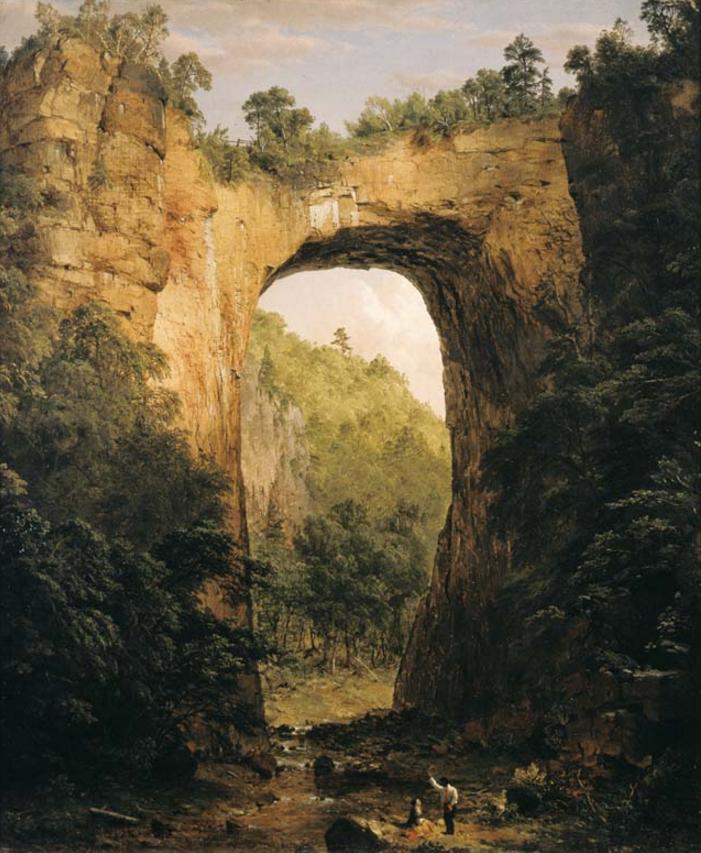
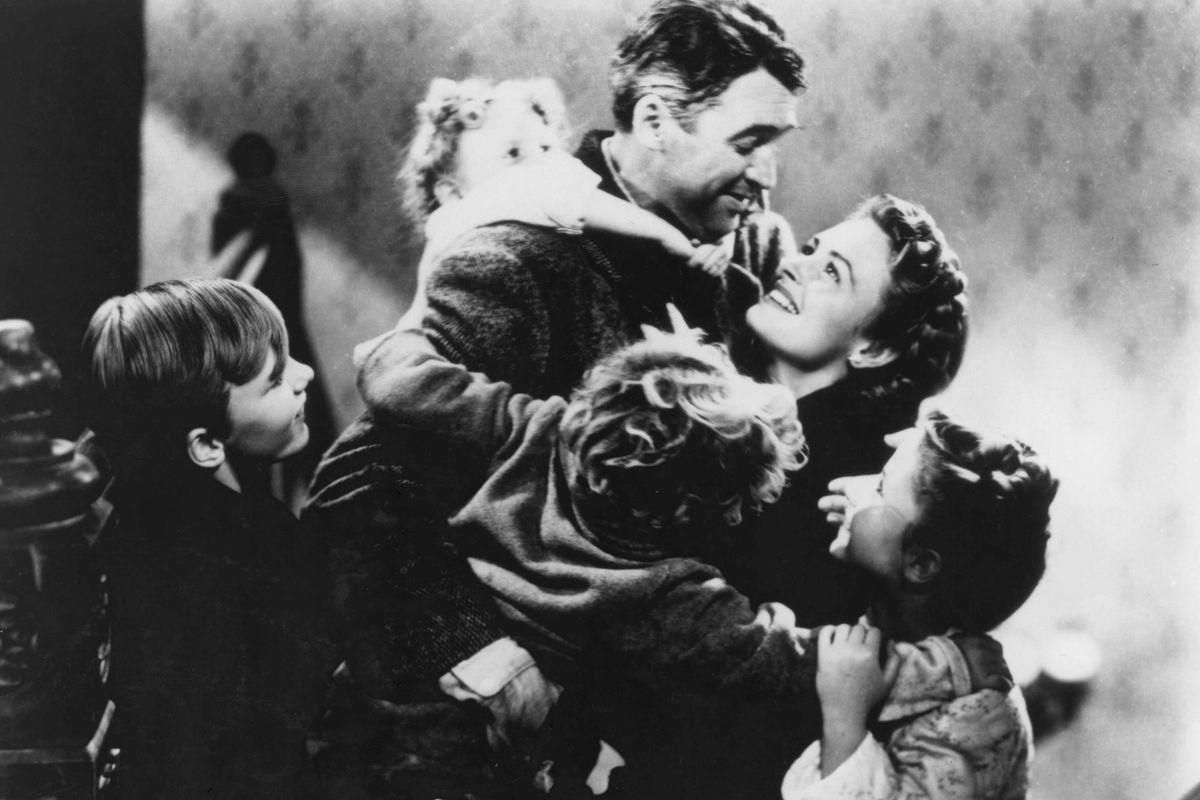
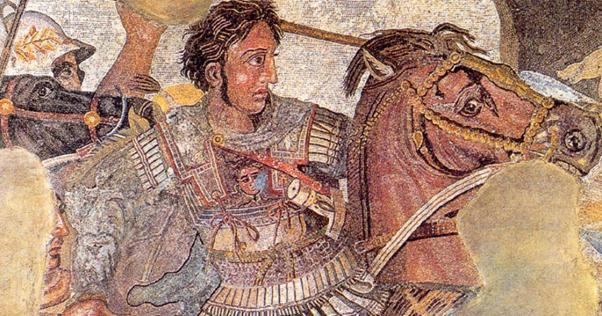
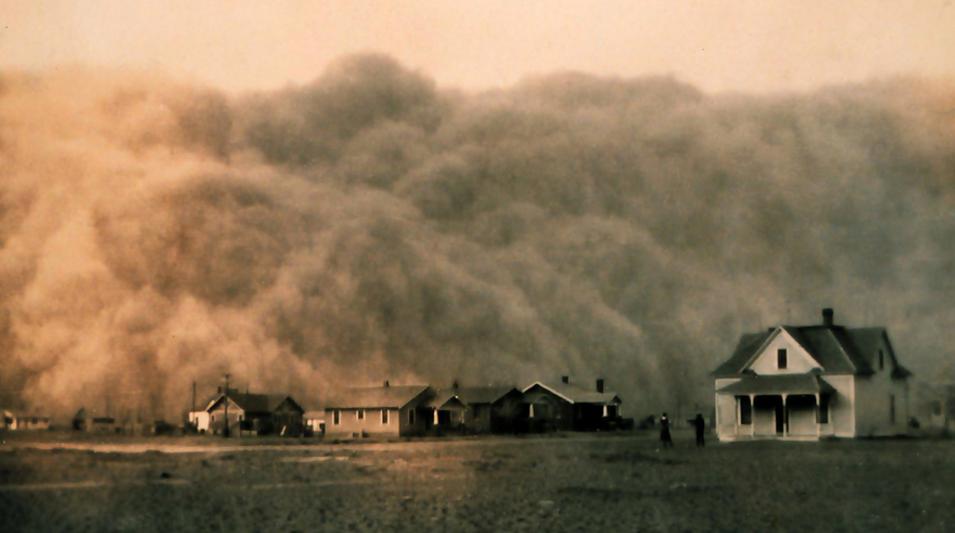









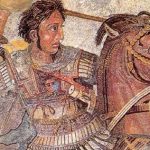
4.5
5